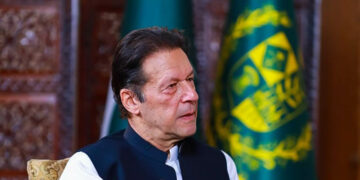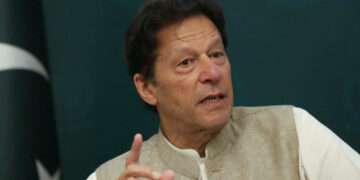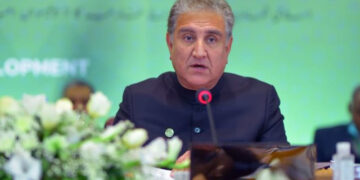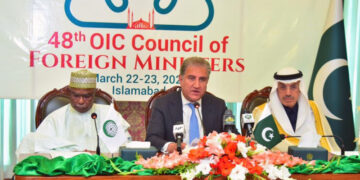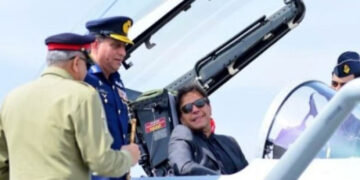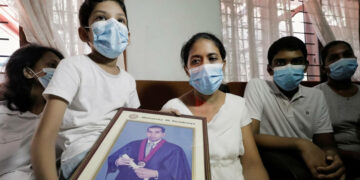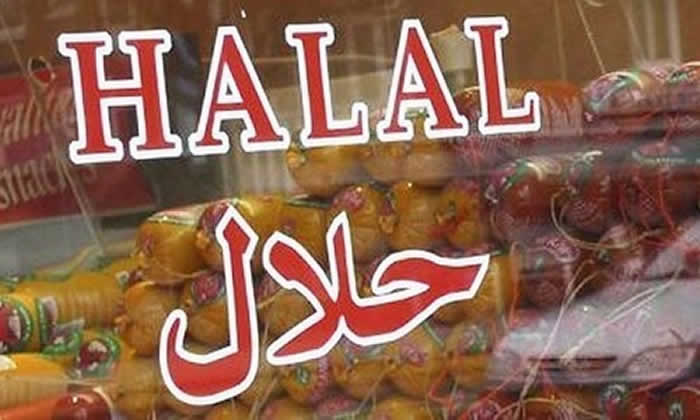The recently-advertised 21 vacancies for an Emergency Operations Centre (EOC) to deal with the polio crisis in the country have caused massive confusion among the various local and international stakeholders, who are at odds over who is supposed to finance the body.
[contentblock id=1 img=adsense.png]
While officials from the World Health Organisation (WHO), United Nations Children’s Fund (Unicef) and the Ministry of National Health Services (NHS) are unclear on who will pay for these 21 new staff members, it has emerged that the posts were advertised and the hiring process initiated without the proper allocation of funds. The posts were advertised on Nov 7 by the NHS ministry and applications were sought for positions such as EOC Director and Emergency Coordinator, who will each be paid Rs300,000 per month. The establishment of an effective EOC was proposed by the Global Polio Eradication Initiative’s Independent Monitoring Board (IMB), which works on behalf of international donor organisations.
The idea, based on experience in Nigeria, was to bring all stakeholders such as the WHO, Unicef, Ministry of NHS and other departments, under one roof so decisions could be made in a timely manner. The latest IMB report, however, called the proposed EOC “a masterpiece of obscurity” and dubbed it extrememly bureaucratic. An official from the NHS ministry told Dawn that the budget for any post is usually allocated before it is advertised, but in the case of the EOC, there was no such prior planning. In the PC-I of a loan obtained from the Islamic Development Bank (IDB), it is mentioned that the EOC will be established but it is not clear who will pay the salaries of the staff employed at the centre.
[contentblock id=2 img=gcb.png]
“The EOC is a very important entity but may fall prey to controversy. The ministry claims that all posts were mentioned in the PC-I, but WHO is not ready to provide funds for EOC staff salaries because it is not specified that WHO is responsible for their payment,” he said. On page 181 of the PC-I, a copy of which is available with Dawn, under the heading ‘Prime Minister’s Polio Monitoring and Coordination Cell’, four posts; polio emergency coordinator, director health risk population, director communications and public relations officer for the PM’s focal person are mentioned and it is stated that assistance of over $145,000 will be provided through the WHO.
But on page 106, under the title ‘Overview of Services’ it is mentioned that the WHO will be responsible for operational costs. But these are defined as ‘costs for the vaccination campaigns, including human resource and incentives, training and micro-planning as well as transportation. Dawn attempted to contact all stakeholders to clarify the issue of funds, but there seemed to be no agreement on who would eventually pay the salaries of EOC staff. When asked if WHO would be paying EOC staff salaries, WHO Spokesperson Maryam Younus said in an e-mail response: “WHO has not been approached by the Health Ministry for any funds allocation in respect to EOC salaries. Hence there is no utilisation of Islamic Development Bank loan through WHO for the EOC domain.”
When the same question was put to Unicef over the course of several e-mails, officials from the agency had no clear answer. Responding to the first e-mail, a Unicef official merely gave details regarding the EOC’s functions and the rationale for its formation. Another e-mail, asking whether Unicef would pay for EOC staff in clear terms, elicited the following response from Unicef’s Ban Khalid Al-Dhayi: “Within the Pakistan Polio Eradication Initiative, Unicef works closely with other technical and funding partners to support Pakistan’s federal and provincial governments in the final push towards polio eradication. Unicef undertakes the mandate of supporting communication, social mobilisation as well as vaccine procurement and cold-chain management.
[contentblock id=3 img=adsense.png]
Unicef also supports furthering the government capacity with key technical positions based on the programme need and whenever requested by the government.” National Extended Programme of Immunisation (EPI) Manager Dr Rana Safdar told Dawn the IDB loan had been obtained by the government of Pakistan, but the funds would be disbursed through Unicef and WHO. “All 21 posts are included in the operational cost and WHO will be requested to transfer the salaries of EOC staff to the Ministry of NHS’ account, which will then pay the employees,” he said. When asked for comment, NHS Minister Saira Afzal Tarar told Dawn that she would “look into the matter and finalise arrangements for funds before the completion of the hiring process”. -dawn



